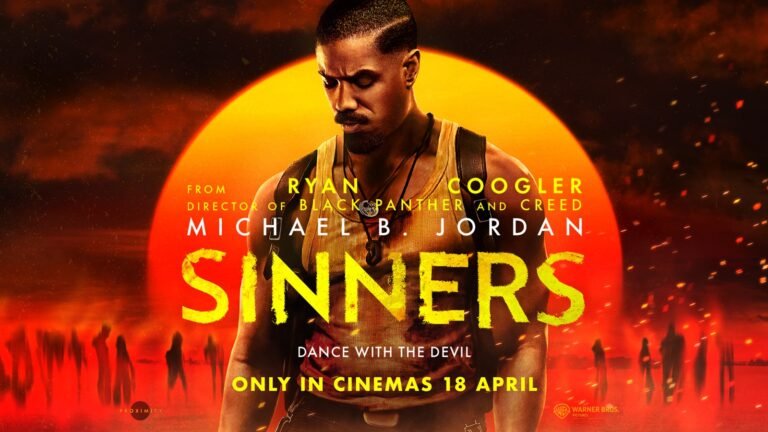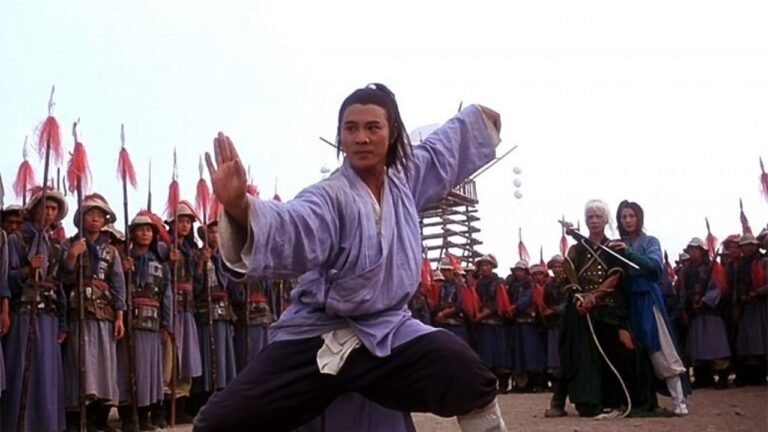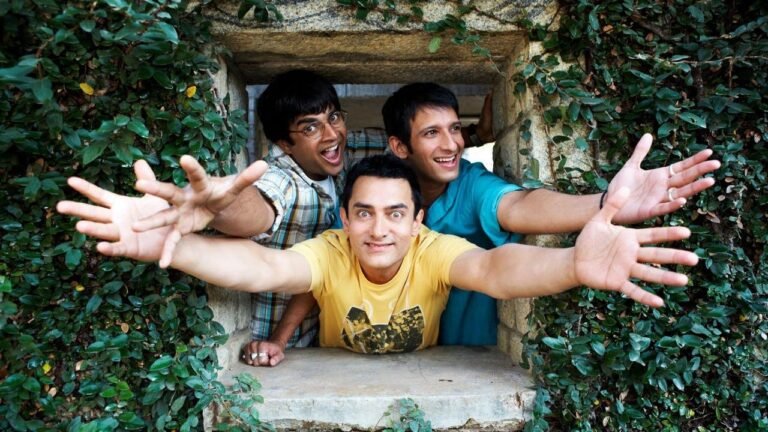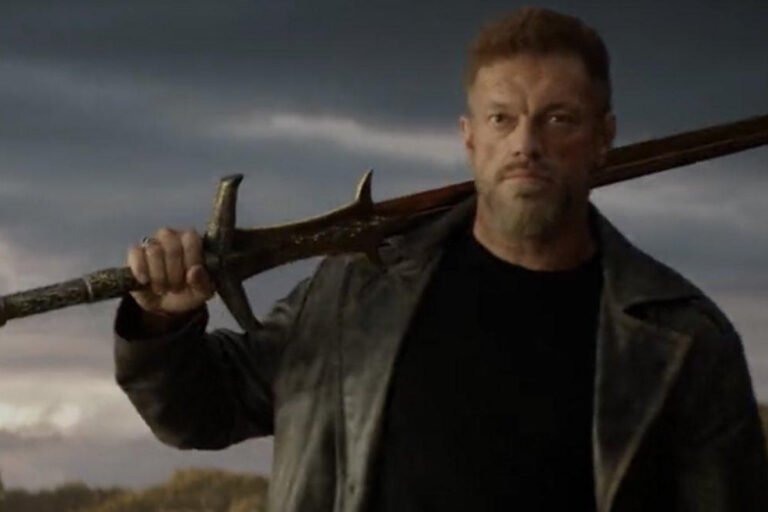
The tale of how cinematic narratives intersect with the political arena has often been ripe with intrigue and consequence, shaping public perception and influencing the trajectories of political figures. The events depicted in the movie “13 Hours: The Secret Soldiers of Benghazi”, which was directed by Michael Bay and released on January 12, 2016, not only captured the harrowing experiences of American military contractors during the 2012 Benghazi attack but also echoed across the political landscape, notably contributing to the discourse surrounding Hillary Clinton’s 2016 presidential bid. As we delve into the intricate parallels between this cinematic portrayal and its ramifications on the political stage, we discuss a narrative woven with complexities, one that holds a pivotal place in comprehending the dynamics of contemporary politics.
The Benghazi Attack and Its Cinematic Retelling

The movie “13 Hours: The Secret Soldiers of Benghazi” depicted the experiences of a group of private security contractors who found themselves in the midst of the 2012 attack on the American diplomatic compound in Benghazi, Libya. The film’s portrayal of the intense conflict and the subsequent loss of American lives underscored the valour and sacrifices of the personnel involved, while also raising questions about the circumstances leading up to and during the attack.
Impact on Political Discourse

The release of the movie and its portrayal of the Benghazi attack intersected with the political fervour surrounding the 2016 U.S. presidential elections. Hillary Clinton, who served as the Secretary of State during the Benghazi attack, found herself at the center of intense scrutiny and controversy, as her role in the events came under renewed public and political examination.
Political Fallout and Public Perception

The cinematic retelling of the Benghazi attack reignited public discourse about the events and brought renewed attention to the response and decision-making within the State Department at the time. This narrative further fueled existing political debates, sharpening the focus on foreign policy, national security, and accountability within the context of Clinton’s tenure as Secretary of State.
Criticism and Speculation

The film’s portrayal of the events entrenched within the Benghazi attack amplified scrutiny of Hillary Clinton’s leadership and decision-making, contributing to the amplification of existing criticisms and accusations surrounding her tenure. The juxtaposition of the cinematic narrative against the political arena brought forth renewed speculation and debate, amplifying the public’s attention toward her perceived handling of the Benghazi crisis.
Campaign Impact

The release of the movie stoked significant public interest and skepticism regarding Clinton’s capacity to lead, manage, and safeguard American interests on the global stage. The movie’s portrayal of the events, coupled with existing political narratives and inquiries, played a notable role in shaping public opinion regarding Clinton’s qualifications and trustworthiness as a presidential candidate.
In the wake of the cinematic depiction of the Benghazi attack, Hillary Clinton’s 2016 presidential bid was markedly affected by the surge of public discourse, renewed scrutiny, and the intersection of cinematic storytelling with political narratives. The echoing ripples of this cinematic portrayal underscore the intricate relationship between the realms of cinema and politics, illustrating the indelible impact of narrative portrayal on the public’s perceptions and political dialogues.
Visit lastmovie.xyz for all your movies and series downloads.




